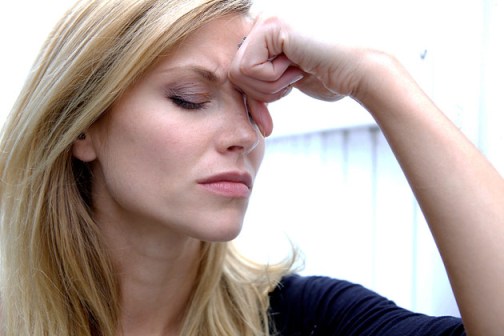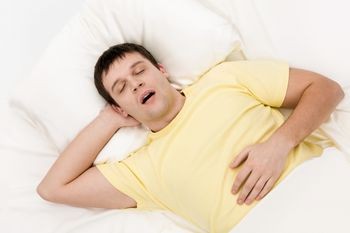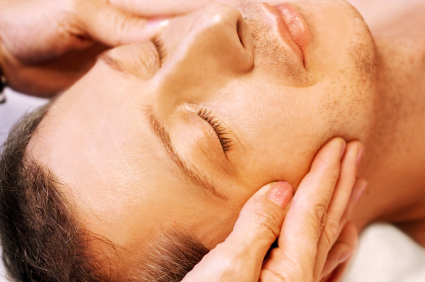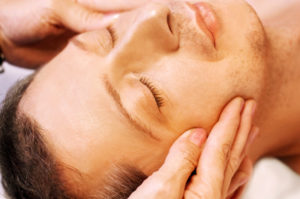The vitamins B complex contain a range of interesting properties with respect to particular brain function, but that would have the greatest impact on everything related to neurotransmitters, dopamine and serotonin, in short, to connections that have an impact on our mood, this is vitamin B6. It is also prescribed to women with significant symptoms of mood disorders during PMS.
Vitamin B6 also ensures adequate oxygenation of the brain, a good immune defense and is a powerful antioxidant that helps rid the body of toxic substances that we absorb.
But this vitamin found in our diets could help more people than we think…













